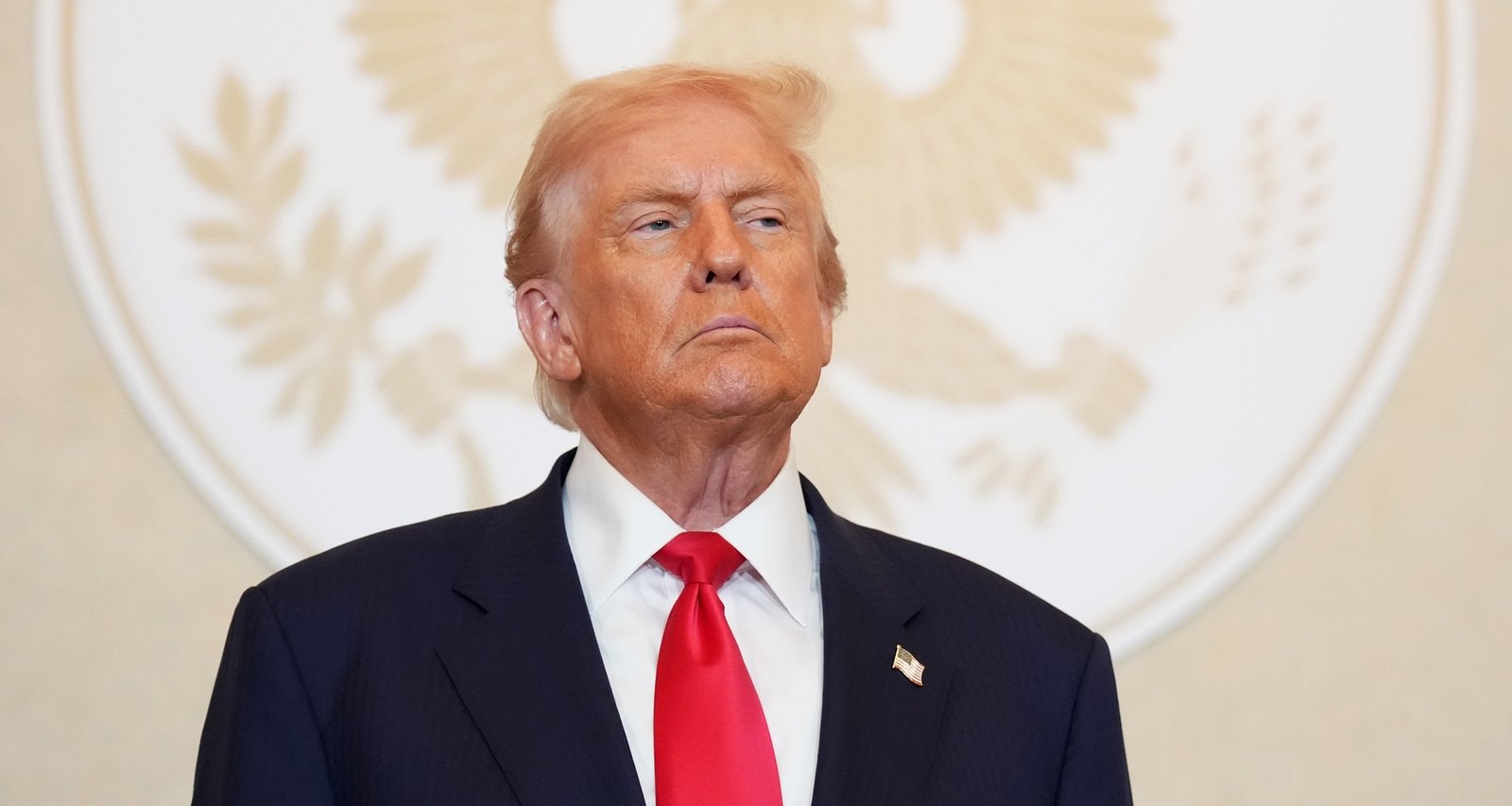Allegations of Legal Overreach
The appeal asserts that prosecutors relied on a “convoluted” theory to elevate what the defense calls “time-barred misdemeanors” into felonies. According to the brief, the district attorney misapplied state election statutes to claim that the Daniels payment amounted to illegal campaign spending. Trump’s lawyers contend no New York court had previously interpreted the falsification statute in that manner, and they argue the jury instructions concealed the prosecution’s legal theory until the charge conference.
The filing further claims the trial was “fatally marred” by the admission of evidence shielded by presidential immunity. After Trump’s conviction, the U.S. Supreme Court limited the use of a president’s “official acts” in criminal cases. Citing that ruling, the defense states that jurors improperly heard testimony from former White House communications director Hope Hicks and reviewed posts from Trump’s Twitter account—materials the defense says were tied to Trump’s official duties and therefore protected. The Supreme Court’s guidance on presidential immunity can be reviewed on the Court’s official website.
Challenge to the Trial Judge
Another pillar of the appeal targets Acting Justice Juan Merchan, who presided over the six-week trial. Defense attorneys point to Merchan’s $15 contribution to President Joe Biden’s 2020 campaign and $20 in donations to progressive groups as evidence of partiality. They also note that Merchan’s daughter worked for a digital advertising firm that provided services to Democratic candidates. Although the New York State Advisory Committee on Judicial Ethics previously concluded these factors did not mandate recusal, Trump’s legal team argues the contributions created “at least an appearance of bias,” warranting a new trial before a different judge.
Despite the guilty verdict, Merchan imposed an unconditional discharge—the lowest penalty permitted under state law—on the eve of Trump’s January 2025 inauguration. The judge said harsher measures risked encroaching on the presidency. Trump nevertheless became the first sitting U.S. president to take office with a criminal conviction on his record.
Revisiting the Charges
Prosecutors accused Trump of disguising the Daniels reimbursement as legal expenses to prevent damaging information from emerging during the closing weeks of the 2016 campaign. Cohen, who pleaded guilty in 2018 to federal election violations related to the payment, testified during the state trial that Trump authorized the arrangement. Trump has consistently denied any affair with Daniels and has called Cohen a discredited witness.

Imagem: Internet
The defense brief criticizes the prosecution’s reliance on Cohen, describing his testimony as uncorroborated and motivated by personal animus. It also argues that any deceptive bookkeeping, even if proven, occurred after the election and therefore could not have influenced voters.
Next Steps in the Appeal
The First Department will now review written arguments from both sides and may schedule oral arguments in the coming months. The panel may uphold the conviction, modify it, order a new trial, or dismiss the charges altogether. Any decision could be appealed further to New York’s highest court, the Court of Appeals.
Trump’s appeal is one of several legal challenges he faces while seeking a return to the White House. Separate federal indictments allege attempts to overturn the 2020 election results and mishandling of classified documents, while a Georgia case accuses him of interfering with that state’s vote count. Trump has pleaded not guilty in all matters and portrays the prosecutions as politically motivated.
For now, the former president’s fate in the New York hush-money case rests with the five-judge appellate panel, which will determine whether the trial court’s rulings and the evidence presented can withstand heightened judicial scrutiny.
Crédito da imagem: Andrew Harnik/Getty Images



